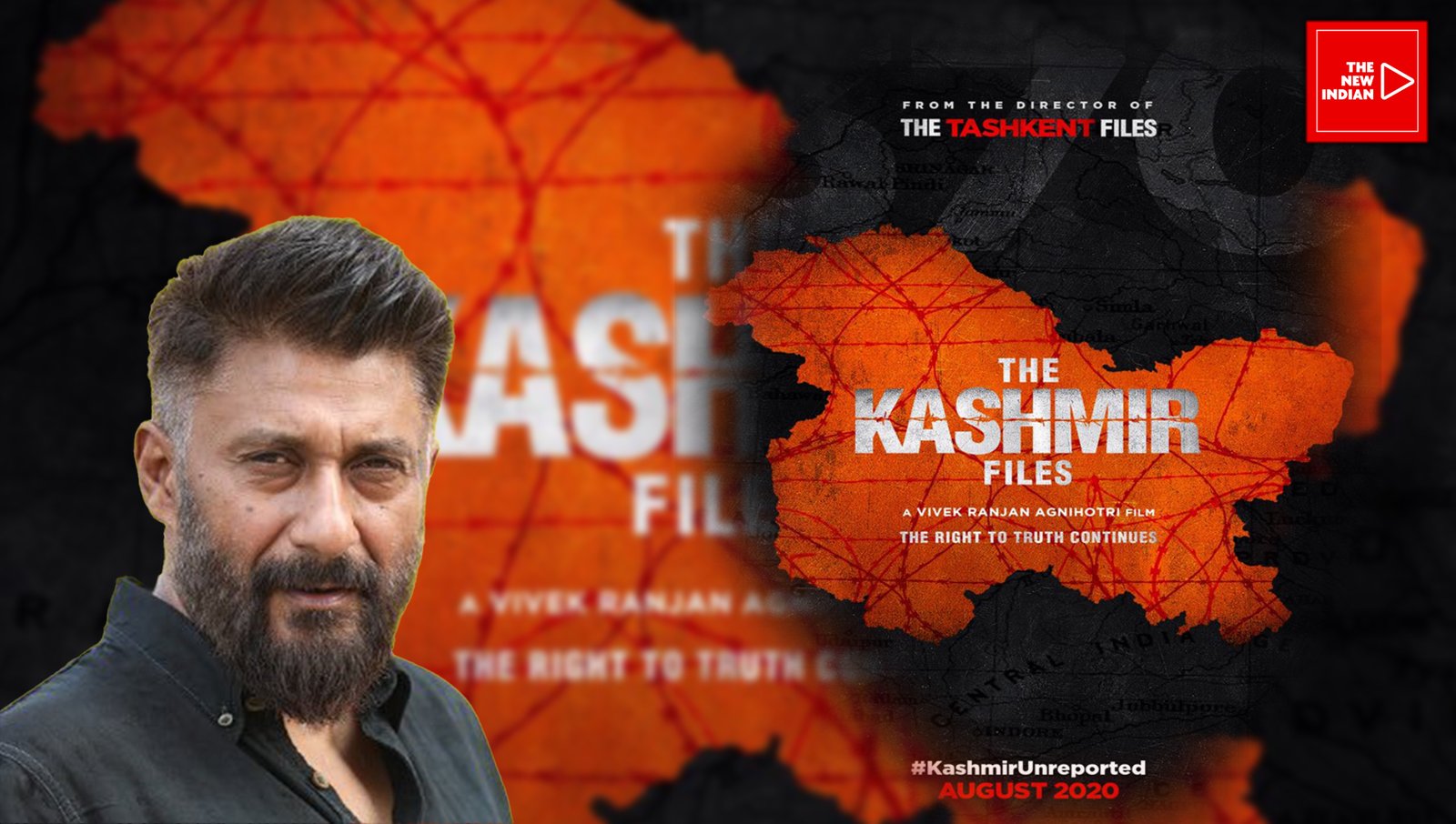Truth is incredibly stubborn. You can hide, suppress, and even twist it to an unrecognisable form only for some time. Eventually, it is bound to come out in all its bare nakedness and horror. Denying or running away from truth is the weakest defense mechanism that individuals and cultures alike deploy routinely. Sigmund Freud said this long ago that repression is the root cause of psychological maladies. Pushing inconvenient truths under the rug may give us an illusion of comfort, but healing can never occur.
The film Kashmir Files by Vivek Agnihotri succeeds in presenting the Truth about genocide that occurred just three decades back. Unlike Agnihotri’s earlier film – Tashkent Files, there is no mystery about events in Kashmir. But what is common to the events depicted in both the films is the inefficiency and indifference of the government – in the former to investigate and in the latter to avert and respond to diabolical plots unfolding in broad day light, as the Pakistani government dispatched their trained killers to collaborate with willing participants in Kashmir to do their ethnic cleansing. The film goes way beyond pricking your conscience; it lacerates your innermost being and lets it bleed till you come face to face with terrifying and revolting truth. The film overwhelms you with a painful feeling of having to witness something frightfully shocking. This is not a warning statement, but a call to plumb into the depth of your consciousness to garner courage to confront the truth, so that healing may eventually begin. The proud and learned Kashmiri Pandits were slaughtered, and a staggering number were forced to flee and live-in refugee camps for years. They never get a fair hearing and when that happens, they begin to lose their ability to engage in intra-psychic dialogue about their experiences and that pain eventually finds expression in other forms.
Today, India as a nation and as a civilisation must confront the horror with courage and conviction to collectively understand the ferocity of the onslaught. A massive trauma like head injury to Bharat Mata and can her children afford to move on with life as if nothing happened? If this trauma is not attended to, other parts of Mother India are bound to be crippled or even paralyzed. Vivek Agnihotri seems to be impelled by this sense of urgency in making this movie. Much to his credit, Agnihotri makes no attempt to offer any solutions and thank God he refrains from that; instead, he shows the severity of the wounds in the body and psyche of the people who faced the brunt of the savagery.
The film is built around the experiences of one family, based on real events. When the militants knock at the door, the wife Sharada orders her husband to hide in the rice drum, and the hiding spot was already signaled to the killers by the betraying neighbor, making it easier for them to spray the bullets. After the killing, Sharada is forced to eat the blood-soaked rice. Sharada’s father – played brilliantly by Anupam Kher – and her young son Shiv bear witness to the horror and her other infant son, Krishna is too young to register anything. One of the killers is a student of Sharada’s father. Eventually, at a later point Sharada and her son Shiv also were slaughtered by militants dressed in Indian army uniform. This real-life event was mentioned by Sushil Pandit on numerous occasions and hence no one can accuse Agnihotri of hyperbole. After the death of his grandfather, the sole survivor Krishna is forced to grapple with the horrific events of the past, amidst a cacophony of voices hurling distorted versions of the events.
Agnihotri captures the psychological and political drama of how and why traumatic events are registered, remembered, forgotten and more importantly distorted, in a manner so brilliant that it shows the depth and dimension of so many emotions. First, when parties struggle to remember, the silence is deafening. There is no language to communicate the pain that simply never goes away. Remembering reopens the wounds and not remembering only aids in festering the wound. It is like being between Scylla and Charybdis. Playing the surviving patriarch of the family, Anupam Kher delivers a brilliant performance, showing a range of emotions singing old Kashmiri songs and simultaneously grieving over the loss of old Kashmir. The great Mithun Chakraborty plays the character of a government official who wanted to do it right by the Pandits but gets no support from his higher ups and so he plays the tormented soul with remarkable skill. Pallavi Joshi plays exceptionally well – the brain washing Professor and sadly universities have become just that. Instead of awakening student minds, she sedates their minds with rhetoric making them prisoners of bogus Azaadi cry.
There is so much more to say, but I won’t. Just go watch the movie and get a strong dose of Truth for a change.
(The reviewer is a Professor of Psychology, LaGuardia Community College, City University New York)
[Disclaimer: The opinions, beliefs, and views expressed by various authors and forum participants on this website are personal.]










